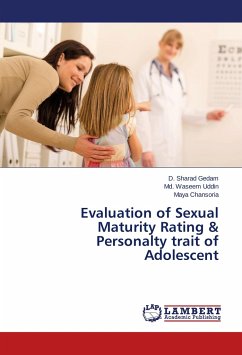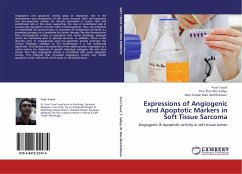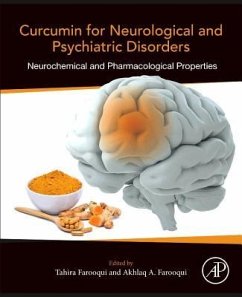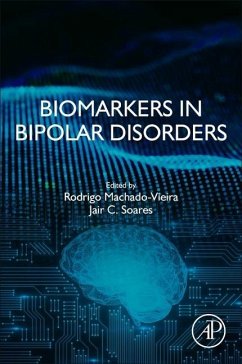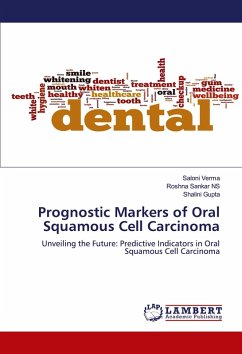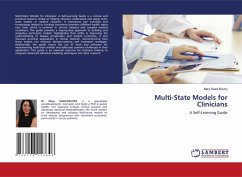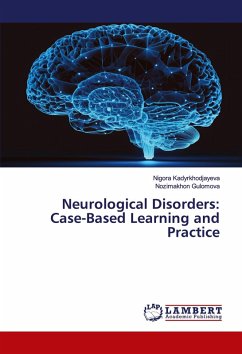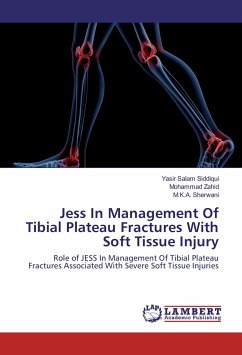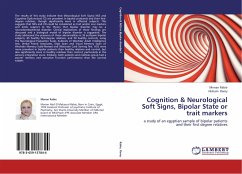
Cognition & Neurological Soft Signs, Bipolar State or trait markers
a study of an egyptian sample of bipolar patients and their first degree relatives
Versandkostenfrei!
Versandfertig in 6-10 Tagen
39,99 €
inkl. MwSt.

PAYBACK Punkte
20 °P sammeln!
The results of this study indicate that (Neurological Soft Signs) NSS and Cognitive Dysfunction) CD are prevalent in bipolar probands and their first-degree relatives, though significantly more in affected subjects. This suggests that NSS and CD could be considered as trait and/or scar markers and lends support to the theory that bipolar disorder may be a neurodevelopmental disorder. Clinical implications of these findings are discussed and a biological model of bipolar disorder is suggested. The study addressed the presence of these abnormalities in 35 euthymic bipolar subjects, 85 healthy fi...
The results of this study indicate that (Neurological Soft Signs) NSS and Cognitive Dysfunction) CD are prevalent in bipolar probands and their first-degree relatives, though significantly more in affected subjects. This suggests that NSS and CD could be considered as trait and/or scar markers and lends support to the theory that bipolar disorder may be a neurodevelopmental disorder. Clinical implications of these findings are discussed and a biological model of bipolar disorder is suggested. The study addressed the presence of these abnormalities in 35 euthymic bipolar subjects, 85 healthy first-degree relatives, and 50 healthy controls, using the Neurological Evaluation Scale, Subtests of Wechsler Adult Intelligence test, Verbal Paired Associates, Digit Span and Visual Memory Span of Wechsler Memory Scale-Revised and Wisconsin Card Sorting Test. NSS were more prevalent in bipolar patients than healthy relatives and control, but also significantly more in healthy relatives than control, particularly in the sensory integration score. Similarly, both patients and relatives group had a poorer memory and executive function performance than the control subjets



